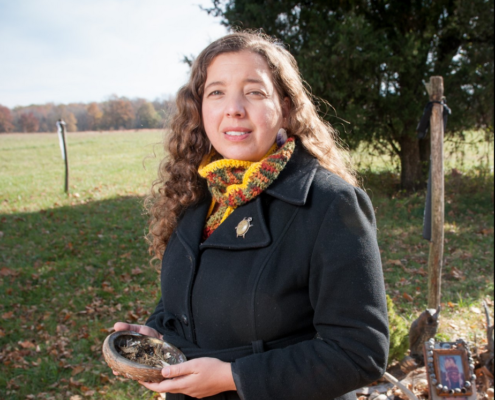
RSVP Now for the UCLA/Getty Program’s Distinguished Speaker Series featuring Dr. Gabrielle Tayac on March 5
Dr. Glenn Wharton
Chair, UCLA/Getty Program in the Conservation…
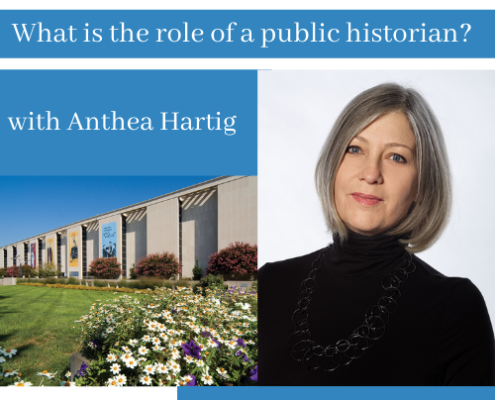
UCLA Podcast “Then & Now” Discusses the Role of a Public Historian with UCLA Alumna Anthea Hartig
UCLA's Luskin Center for History and Policy (LCHP) has continued…
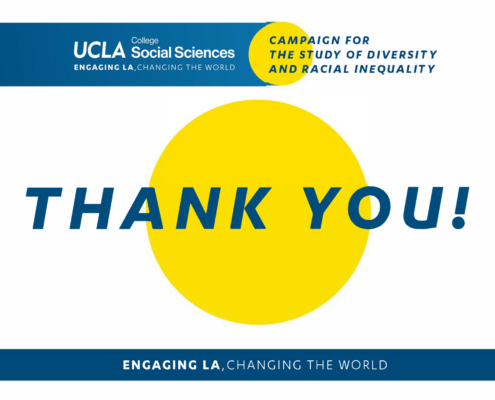
UCLA Division of Social Sciences Exceeds Campaign Goal for Dean’s Fund for the Study of Diversity and Racial Inequality
In light of the reawakened reckoning on racial justice issues…

LA Social Science Book Series About Incarcerated Indigenous Women Migrants with Professor Shannon Speed
UCLA Professor Shannon Speed's new book, Incarcerated Stories:…
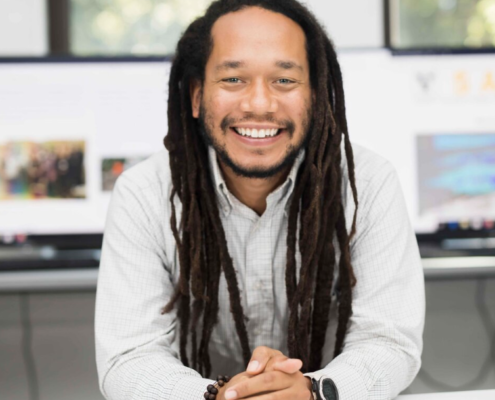
Incoming UCLA Professor Dunnavant’s Research Featured in ‘American Archaeology Magazine’
The research of Dr. Justin Dunnavant, an incoming professor in…
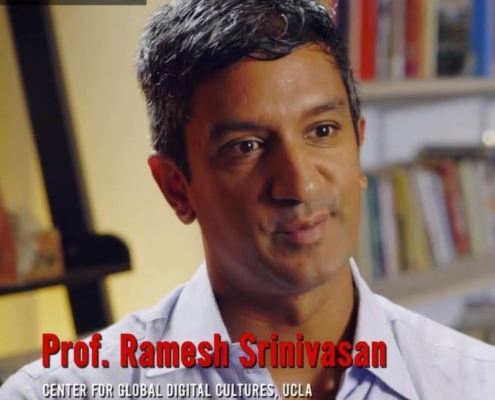
UCLA Professor Srinivasan Talks About Social Media, Trump, and Big Tech
Dr. Ramesh Srinivasan, UCLA Professor of Graduate Studies of…
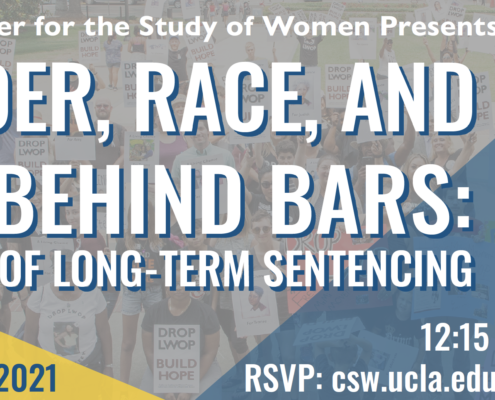
CSW Gender, Race, and Age Behind Bars: Impacts of Long-Term Sentencing Event on Feb. 3
UCLA Center for the Study of Women Presents:
GENDER, RACE,…
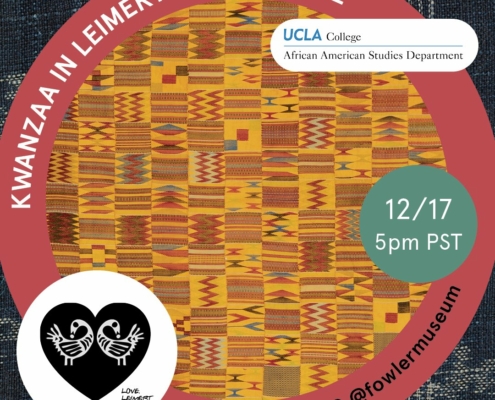
Festivals in the City of Angels: Kwanzaa in Leimert Park Village on December 17 — RSVP Today
Festivals in the City of Angels
This series connects museum…
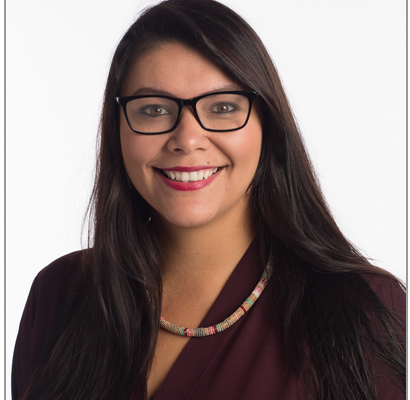
UCLA Professor Rodriguez-Lonebear Interviewed by Vice News Tonight
Dr. Desi Rodriguez-Lonebear, assistant professor of sociology…
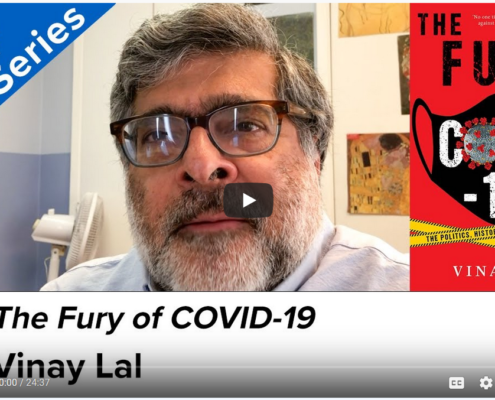
LA Social Science Book Series on the “Fury of COVID-19” with Professor Vinay Lal
Dr. Vinay Lal, UCLA professor of history and Asian American…

